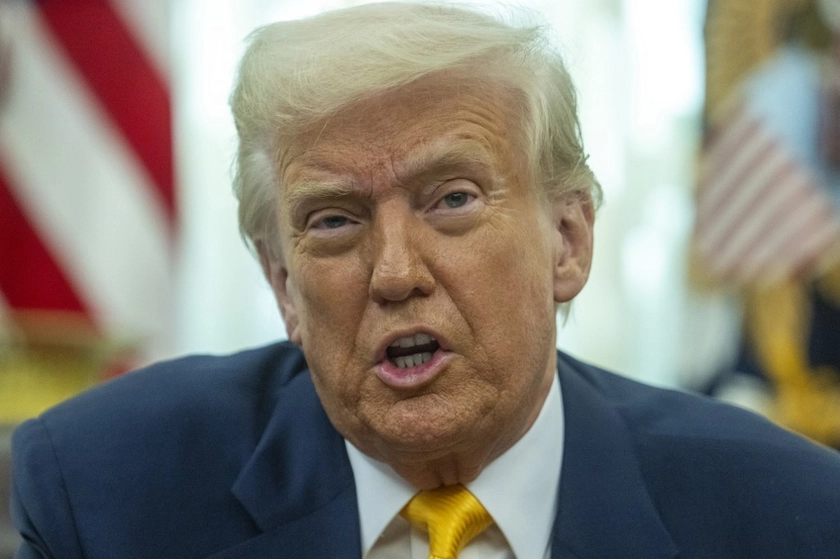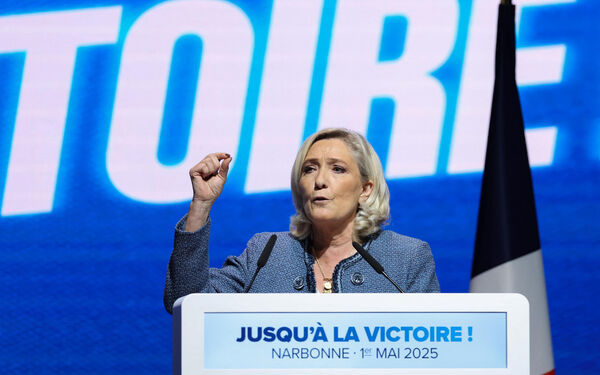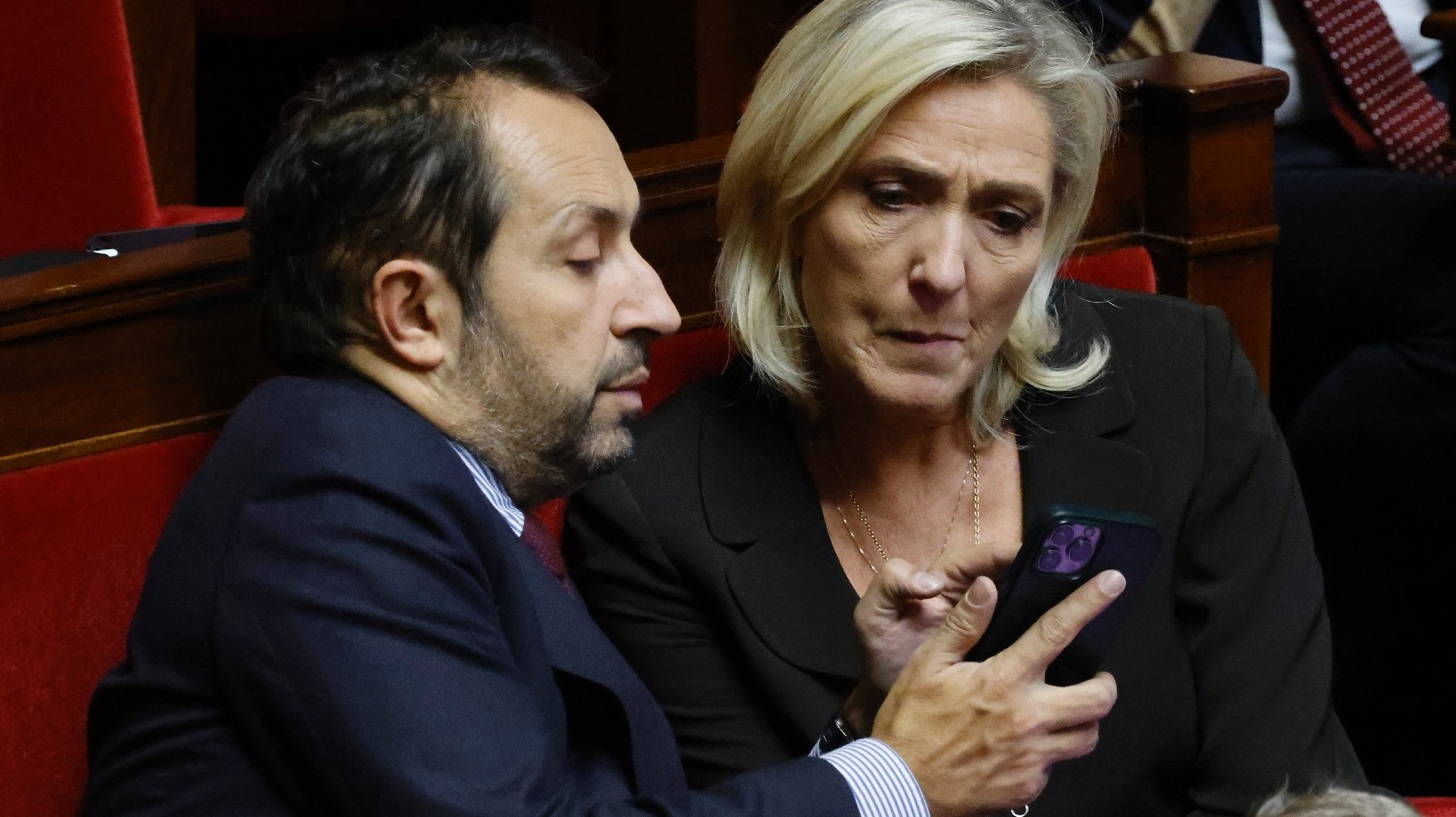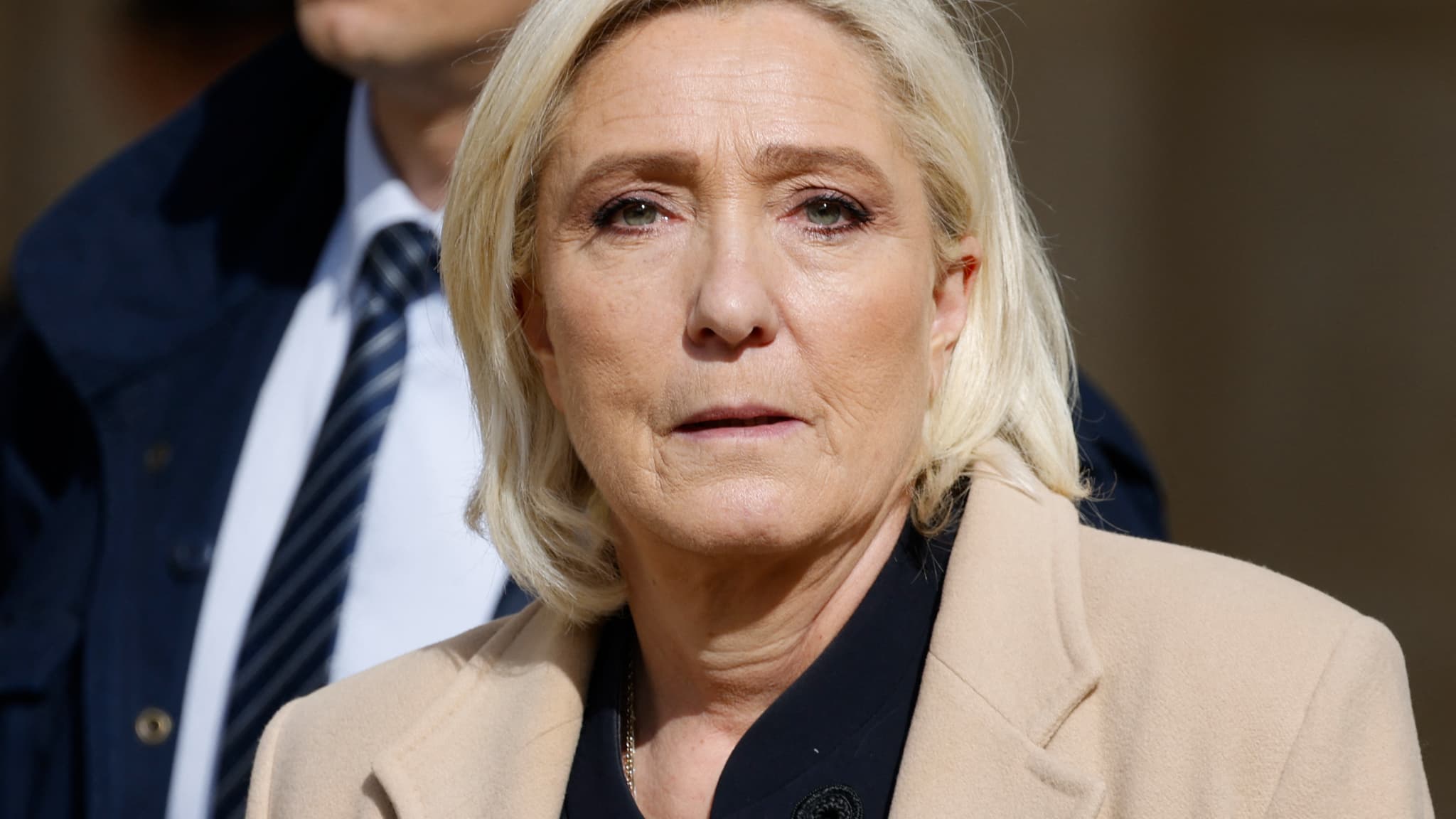US Peace Plan For Ukraine: Potential Easing Of Russia Sanctions

Table of Contents
The Proposed US Peace Plan: Key Components & Objectives
While no concrete US peace plan has been officially unveiled, hypothetical proposals suggest a multi-faceted approach aiming for a comprehensive resolution to the Ukraine conflict. The core tenets generally revolve around a phased process involving negotiation, security guarantees, and substantial reconstruction aid.
The objectives of such a plan would likely include:
- Ending hostilities and achieving a ceasefire: This would require a commitment from all parties involved to immediately halt military actions and agree to a lasting truce. Mechanisms for monitoring the ceasefire would be crucial.
- Addressing security concerns of all parties involved: This involves crafting security arrangements that alleviate fears and ensure the long-term safety of Ukraine, while also addressing Russia's stated security concerns. This could involve international security guarantees or demilitarized zones.
- Facilitating negotiations and a diplomatic resolution: Establishing a framework for meaningful negotiations, possibly under the auspices of the United Nations or other international bodies, is vital for reaching a lasting peace agreement.
- Reconstruction and recovery efforts in Ukraine: Massive investment in rebuilding Ukraine's infrastructure, economy, and social fabric would be essential for post-conflict recovery and stability. International aid and financial assistance would be critical here.
- Addressing underlying causes of the conflict: This would involve tackling deeper political, economic, and security issues that fueled the conflict, promoting lasting stability in the region. This may involve addressing historical grievances and fostering a culture of dialogue and reconciliation.
The potential involvement of international organizations like the UN, EU, and OSCE would be vital in overseeing the implementation of any peace plan and ensuring transparency and accountability.
Easing Sanctions on Russia: Arguments For and Against
The prospect of easing sanctions on Russia as part of a peace deal is highly controversial. This section weighs the arguments for and against such a move.
Arguments in Favor:
- Incentivizing Russia to negotiate and comply with peace terms: Easing sanctions could be presented as an incentive for Russia to engage constructively in negotiations and adhere to any peace agreement. This could involve a phased lifting of sanctions tied to verifiable progress on the ground.
- Promoting economic stability and preventing further global economic disruption: The ongoing sanctions have contributed to global economic instability. Easing sanctions could help stabilize energy markets and reduce inflationary pressures worldwide.
- Facilitating humanitarian aid and reconstruction efforts in Ukraine: Easing certain sanctions could facilitate the flow of humanitarian aid and resources needed for reconstruction efforts in Ukraine. This could focus on areas not directly related to the military-industrial complex.
- Reducing the risk of further escalation: Some argue that maintaining extremely harsh sanctions increases the risk of further escalation and could make a peaceful resolution harder to achieve.
Arguments Against:
- Rewarding Russia's aggression and undermining international law: Easing sanctions could be seen as rewarding Russia's illegal invasion of Ukraine and undermining the principle of holding aggressors accountable. This could set a dangerous precedent for future conflicts.
- Diminishing the effectiveness of sanctions as a deterrent: Easing sanctions could weaken the deterrent effect of sanctions, encouraging other countries to engage in similar aggressive behavior.
- Potentially emboldening Russia to pursue further territorial ambitions: Easing sanctions might embolden Russia to pursue further expansionist goals in the region or elsewhere. The perception of a lack of consequences for aggression would be a major concern.
- Raising concerns about accountability for war crimes: Easing sanctions before full accountability for alleged war crimes and human rights violations raises serious ethical and legal concerns.
Geopolitical Implications and Stakeholder Reactions
A US peace plan involving sanctions relief would have profound geopolitical implications and elicit diverse reactions from various stakeholders:
- Ukraine's government and citizens: Many Ukrainians would likely oppose any significant easing of sanctions until Russia fully withdraws from occupied territories and compensates for the damage inflicted.
- NATO allies: NATO members would likely have differing opinions, with some prioritizing a swift end to the conflict, even at the cost of some sanctions relief, while others would remain staunchly opposed until full accountability is achieved.
- European Union: The EU's reaction would be complex, reflecting the diverse interests and perspectives of its member states. The EU's stance on sanctions has been strong, so significant changes would be contentious.
- Other global powers (e.g., China): China's position would be closely watched, given its growing influence and its relationship with Russia. China might leverage the situation to advance its own geopolitical interests.
The impact on global energy markets and the world economy would be significant, with potential consequences for inflation, energy security, and trade relationships. The role of international law and accountability for human rights violations would remain a crucial consideration.
Alternative Approaches and Future Scenarios
Several alternative approaches could achieve peace in Ukraine without easing sanctions. These include:
- Strengthening existing sanctions and exploring new mechanisms to increase their effectiveness.
- Increasing military and humanitarian aid to Ukraine to bolster its defensive capabilities.
- Focusing on diplomatic pressure and international isolation of Russia.
Different approaches would lead to different future scenarios. A failure to find a peaceful resolution could lead to a prolonged conflict, further instability, and increased humanitarian suffering. Success, however, would depend on a balance between achieving peace and ensuring accountability for the aggression. The long-term implications on international relations would be profound, shaping the future of global security architecture and the effectiveness of international law.
Conclusion
Easing Russia sanctions as part of a US peace plan for Ukraine presents a complex dilemma. While it could incentivize Russia to negotiate and ease global economic disruption, it risks rewarding aggression, undermining international law, and jeopardizing accountability for war crimes. Alternative strategies exist, each with its own potential benefits and drawbacks. Further research and informed discussion are crucial to understanding the nuances of a US peace plan for Ukraine and the potential impact of easing Russia sanctions. Engage in constructive dialogue and stay informed about developments surrounding the US peace plan for Ukraine and the potential easing of Russia sanctions. The future of peace in Ukraine and the broader international order hinges on careful consideration of these multifaceted issues.

Featured Posts
-
 Can A Yellowstone Spinoff Succeed Without Kevin Costner Focusing On John Dutton Iii
May 27, 2025
Can A Yellowstone Spinoff Succeed Without Kevin Costner Focusing On John Dutton Iii
May 27, 2025 -
 Silence From Kai Cenat Amidst Backlash Over Friends Racist Remarks
May 27, 2025
Silence From Kai Cenat Amidst Backlash Over Friends Racist Remarks
May 27, 2025 -
 Upcoming Release Of Robert F Kennedy And Martin Luther King Jr Assassination Files
May 27, 2025
Upcoming Release Of Robert F Kennedy And Martin Luther King Jr Assassination Files
May 27, 2025 -
 Demenagement Ecole Saint Ouen Le Maire Refute L Idee D Echec
May 27, 2025
Demenagement Ecole Saint Ouen Le Maire Refute L Idee D Echec
May 27, 2025 -
 Nathan Fielders The Rehearsal And Paramount A Controversial Depiction
May 27, 2025
Nathan Fielders The Rehearsal And Paramount A Controversial Depiction
May 27, 2025
Latest Posts
-
 5 Ans D Ineligibilite Le Jugement De Marine Le Pen Suscite La Controverse
May 30, 2025
5 Ans D Ineligibilite Le Jugement De Marine Le Pen Suscite La Controverse
May 30, 2025 -
 Grand Est Subvention Pour Medine Provoque La Colere Du Rassemblement National
May 30, 2025
Grand Est Subvention Pour Medine Provoque La Colere Du Rassemblement National
May 30, 2025 -
 Ineligibilite De Marine Le Pen Impact Sur La Politique Francaise
May 30, 2025
Ineligibilite De Marine Le Pen Impact Sur La Politique Francaise
May 30, 2025 -
 Concert De Medine Subventionne En Grand Est La Reaction Outree Du Rn
May 30, 2025
Concert De Medine Subventionne En Grand Est La Reaction Outree Du Rn
May 30, 2025 -
 Marine Le Pen Condamnee Analyse De La Decision De 5 Ans D Ineligibilite
May 30, 2025
Marine Le Pen Condamnee Analyse De La Decision De 5 Ans D Ineligibilite
May 30, 2025
